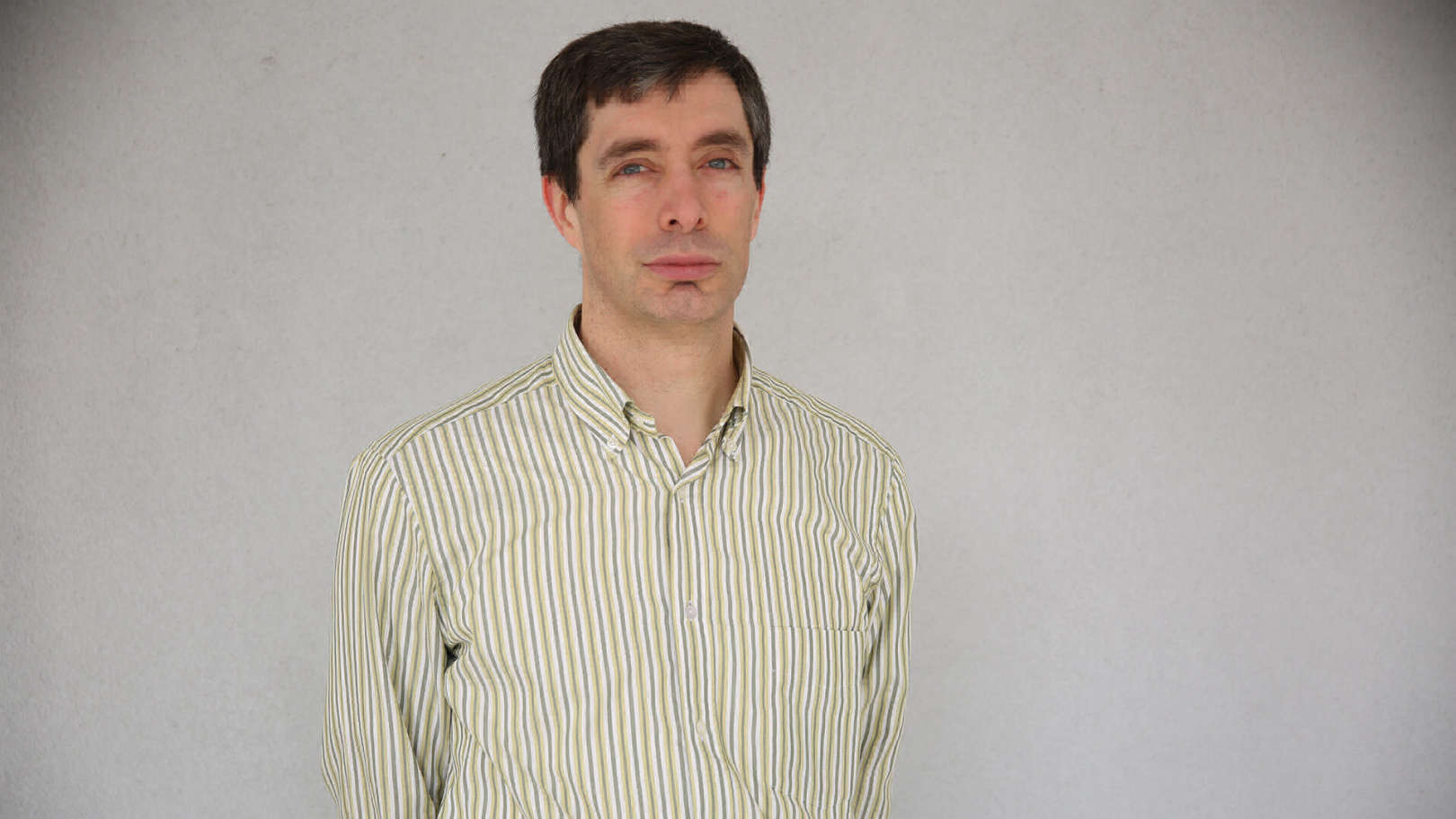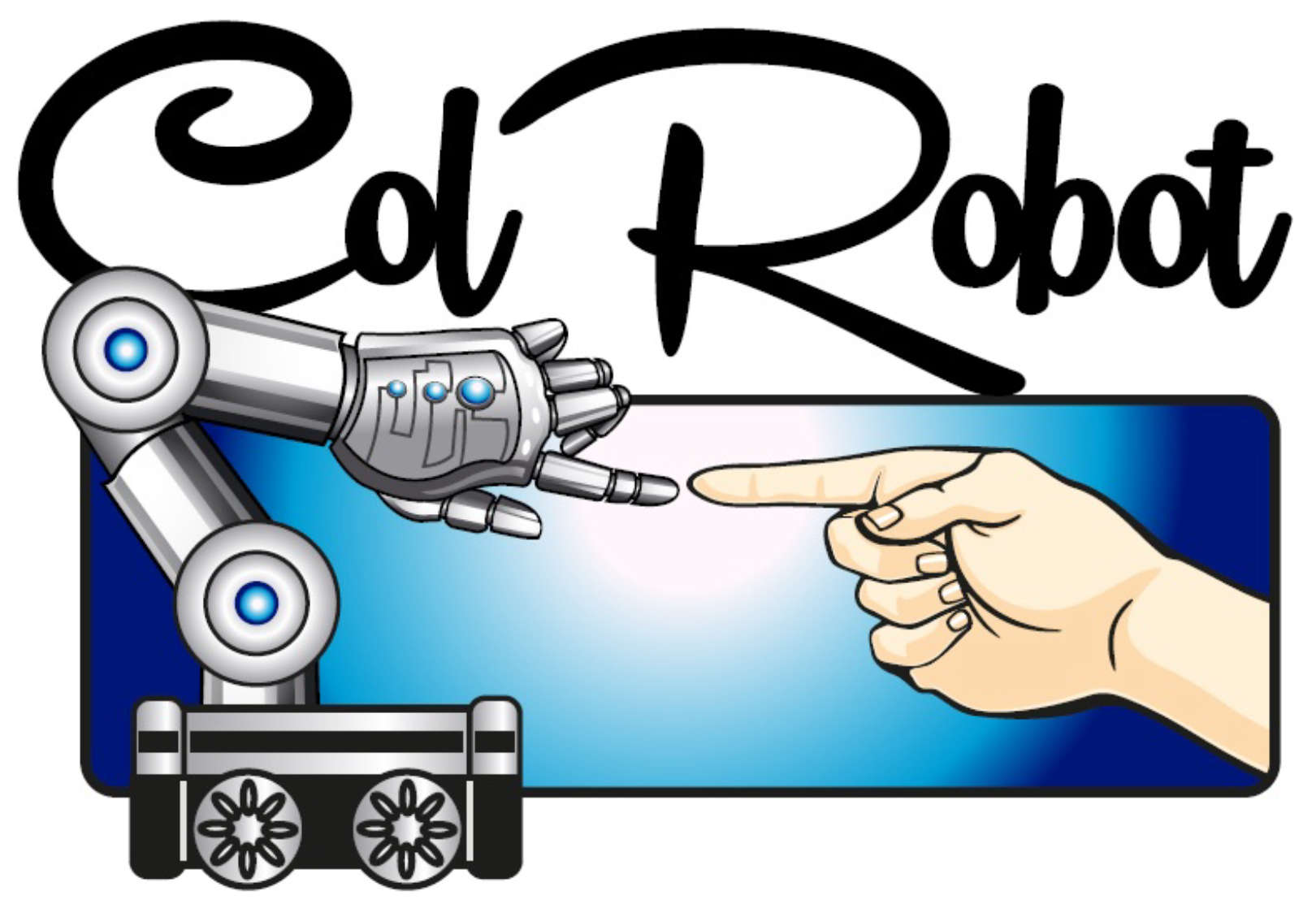About
Armando Jorge Miranda de Sousa received his PhD in 2004, in Electrical and Computer Engineering (ECE) at University of Porto - Faculty of Engineering (FEUP), Portugal. His thesis work was in the subarea of Robotics and Automation.
He is currently an Associate Professor in the ECE department of FEUP and an integrated senior researcher at Centre for Intelligent and Industrial Systems (CRIIS) at the INESC TEC interface institute. He earned in 2014 the international pedagogical certification "ING.PAED.IGIP" from the International Society for Engineering Pedagogy and is currently an active member for the European Society for Engineering Education (SEFI).
His main research areas include Higher Education and Robotics, but most recently focusing on Robot Learning and Learning for Cyber Physical Systems. Application areas include not only intelligent robots for agriculture and forest but also robotic manipulation of flexible objects. As a frequent participant in robotic contests, some of which used AI in real world robotics, he has earned several national and international merits (examples: vice champion of RoboCup Robotic Soccer in 2006, winner of Autonomous Driving of Portuguese Robotics Open of 2022).
He has also earned educational awards such as the University of Porto (UP) excellence award in 2015 and 10 best at ECEL 2015 excellence e-learning awards. He has published over 80 indexed peer reviewed articles both in pedagogical issues and more technical areas. Also, he has a patent entitled "Device and method for identifying a cork stopper and respective kit". He is also involved in educational and technical funded projects such as "IntelWheels 2" and "blockchain.pt".
He currently (co-)supervises 7 PhD students.
More details in https://www.cienciavitae.pt/en/1C17-7D93-4CF3 and https://fe.up.pt/asousa.



